More than words, volunteers like Aponte lead by example. They show not only how people can do great things but also that they are just normal individuals with hopes and dreams like any other person.
Aponte, for example, is studying to become a nurse at the Venezuelan Red Cross nursing academy. “It takes time and dedication to study,” she says.
“Just like with my rescue work. I go to university in the mornings, from 07:30 to 12:30. After I’ve finished classes, I go to the rescue team, where there is always something to do.”
She also often stops by an apartment building that is home to many elderly people whose children have left the country due to economic hard times. Here, Saipaci and other Red Cross volunteers provide psychosocial support. “I’ve been a volunteer for almost four years,” she says. “It’s been challenging, but it also has its rewards. Volunteering has helped me meet new people, people with different ideas. And you help people without receiving anything in return. Except a smile or a gesture of gratitude. And that’s very nice.”
When she’s not helping others, she is like most other young people. “When I’m not at the Red Cross or at nursing school, I’m at home. I watch movies on my computer. I may do my homework or some research. Or I go to my mother’s place or spend time with my sister, Ligia.
“I’d like to keep on studying. And move on to other careers like working in tourism or being a flight attendant. I’d like to get to know Venezuela and also visit other countries, like Colombia, France or Germany. Or Curaçao [a Caribbean island], I’d really like to go to Curaçao.”
Wherever Aponte’s path leads, she will certainly go far. And she will no doubt be helping others along the way. “We want to continue to improve,” she says of her work at the Red Cross. “We want to keep on helping and serving the Venezuelan people, so that their quality of life improves even in a small way.”
 Red Cross Red Crescent magazine
Red Cross Red Crescent magazine 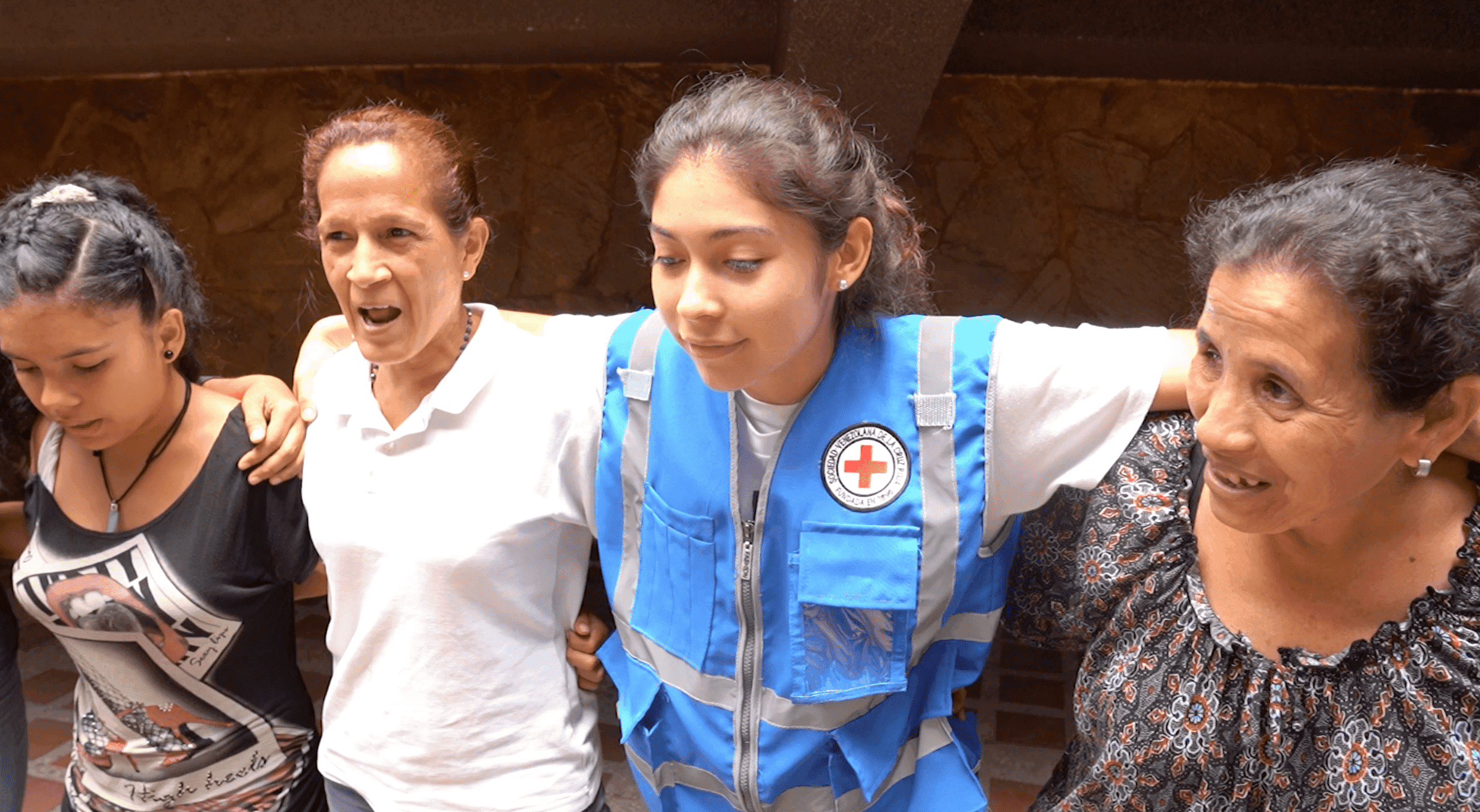

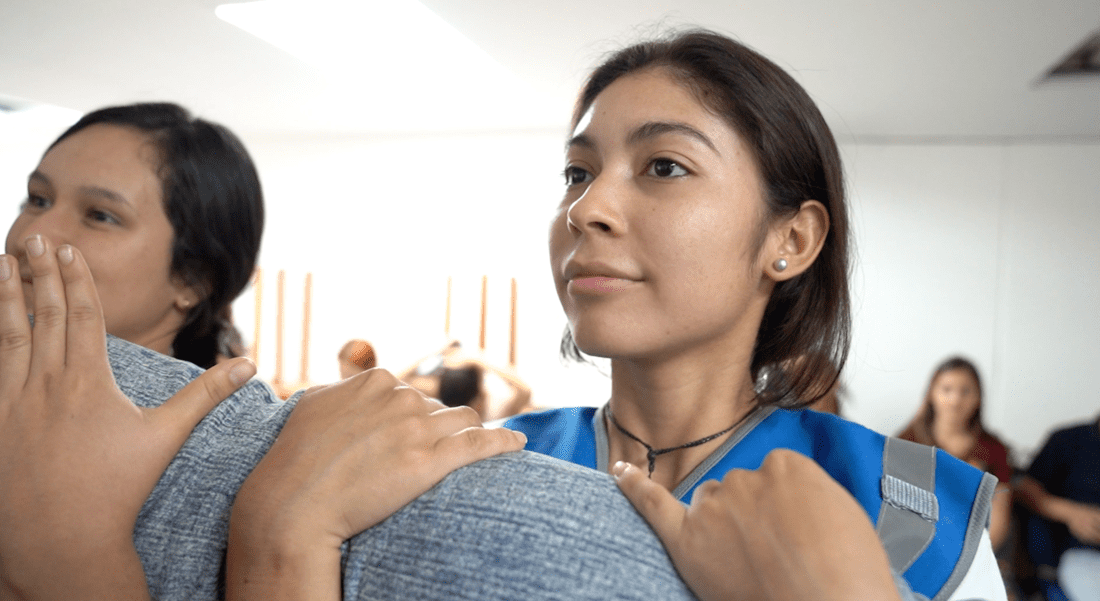
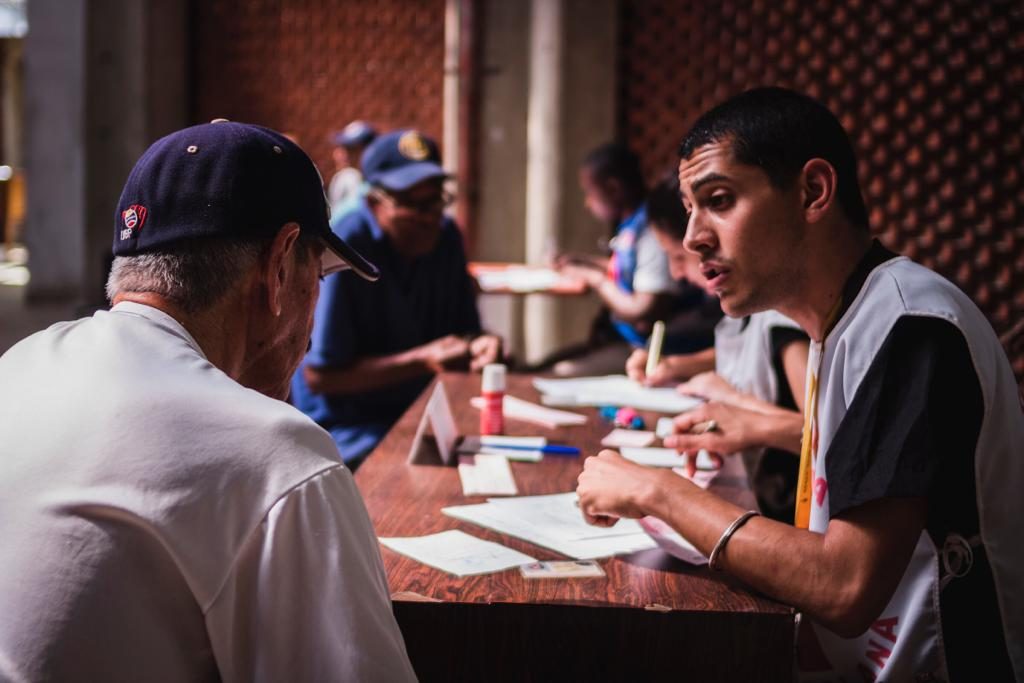
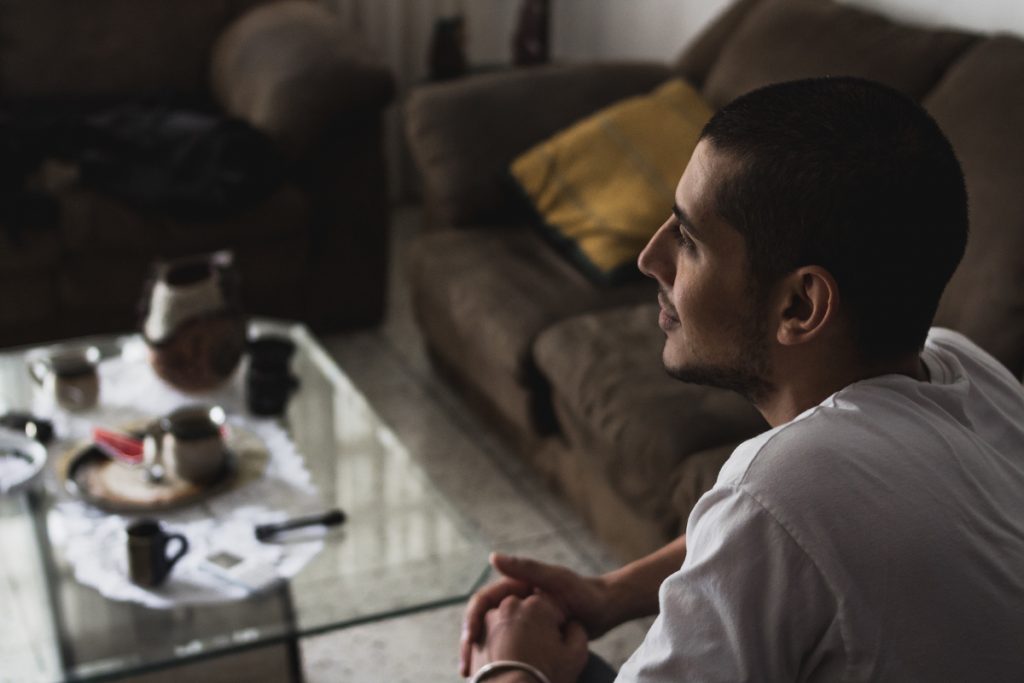
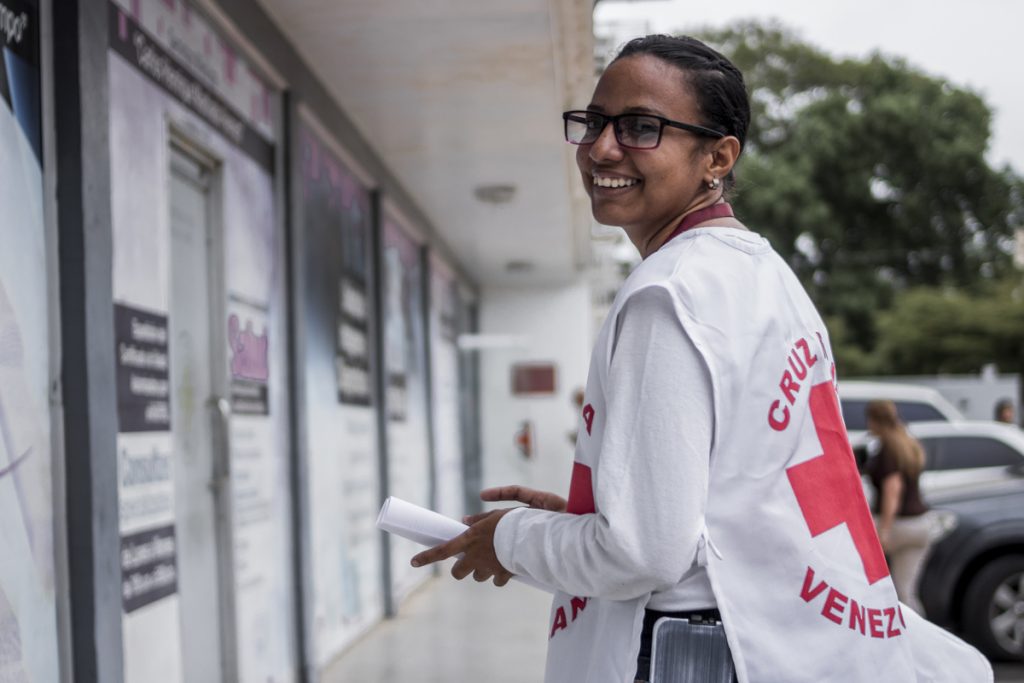
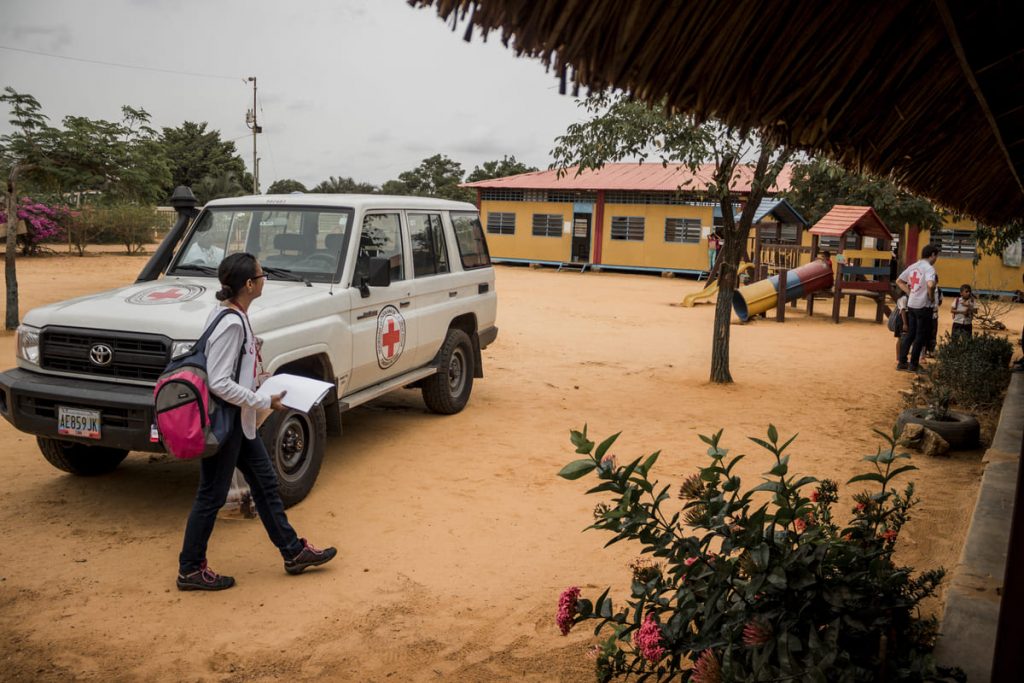






 Tech & Innovation
Tech & Innovation Climate Change
Climate Change Volunteers
Volunteers Health
Health Migration
Migration